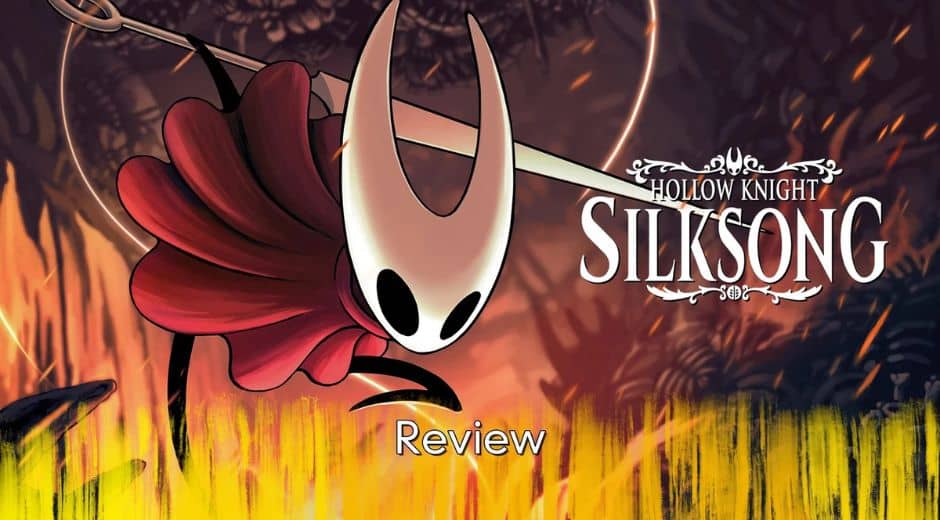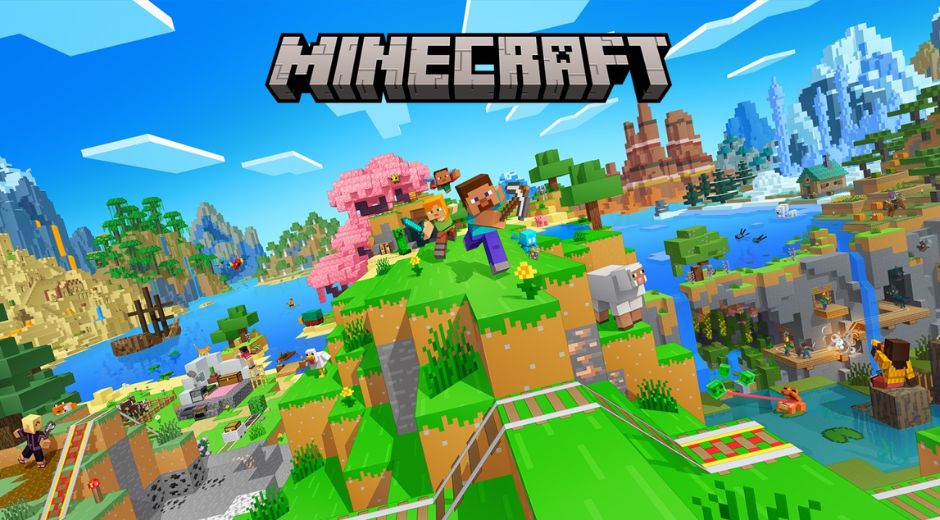Atlas Frontier Review: World-Building and Player Experience
Atlas Frontier Review: World-Building and Player Experience
In the broader landscape of open-world adventure titles, few games focus as deeply on environmental storytelling and atmosphere as Atlas Frontier. Rather than overwhelming players with constant objectives or flashy battles, Atlas builds immersion through world design, pacing, and subtle narrative cues that encourage observation. This is a game that trusts the player to look, listen, and interpret. The experience is not driven by spectacle, but by presence.
A Living World With a Sense of Place
The defining strength of Atlas Frontier’s experience lies in how its environments feel shaped by time rather than simply designed. Regions are layered with signs of history, culture, and everyday life. Villages, ruins, and natural landmarks appear intentional, as if they have evolved rather than been placed.
The world encourages slow observation. Coastal spaces use soft wind and distant waves to communicate calm. Mountain passes feel harsher, guided by echoing gusts and bare landscapes. Instead of forcing discovery, the game rewards familiarity. You begin to understand locations the same way you learn a real place: by returning, noticing details, and forming memory.
The environment is not a backdrop. It is a character — one that speaks quietly and steadily, without spectacle, but with presence.
Narrative Through Discovery, Not Explanation
The narrative approach in Atlas Frontier is notably restrained. There are no extended cutscenes that interrupt pacing or force exposition. Instead, world-building emerges from environmental detail, overheard conversations, and found artifacts. Characters do not explain their histories in long speeches; they reveal fragments through tone, behavior, and daily routines.
This design choice aligns closely with the game’s core philosophy: the world is not a backdrop, but a storyteller. Atlas rewards curiosity. A player who pays attention to murals, deserted outposts, or inscriptions will understand vastly more than one who rushes forward.
Meaningful Progression Without Pressure
The progression model in the game emphasizes learning through exploration and observation instead of pushing players toward constant leveling or performance. Advancement comes from recognizing how the world behaves — how wildlife responds, how paths intersect, and how settlements exchange and adapt. Rather than guiding the player along a single route, the experience allows discovery to happen at its own pace.
This creates a world that feels expansive without emptiness. Movement through space feels intentional, not forced, encouraging players to slow down and absorb meaning instead of rushing toward objectives.
Characters That Feel Like They Belong to the World
NPCs in Atlas Frontier are not static quest markers. They move with purpose. They react to environmental conditions. They reference local histories. When night falls, work patterns shift. Certain characters become unavailable while others emerge. This reinforces the sensation that the player has stepped into a world that continues regardless of their presence.
In more scripted games, characters often feel like they exist only to serve the player. Here, Atlas makes the player feel like a visitor in a world already in motion.
Sound Design That Shapes Atmosphere
Sound design is one of the most important contributors to the game’s immersion. Instead of loud thematic compositions, Atlas Frontier uses subtle ambiences, distant animal calls, rustling vegetation, and gentle melodic patterns. Music rarely takes center stage. It supports, rather than dominates.
The audio design ensures that space feels real — full, but not crowded. The silence between sounds matters just as much as the sounds themselves.
Performance and Technical Consistency
From a technical perspective, Atlas Frontier demonstrates stable performance. Load transitions are smooth, frame pacing is consistent, and the world does not struggle to maintain visual coherence. While some open worlds require compromise between scale and stability, Atlas maintains a strong balance. It is visually thoughtful, not excessive.
Context Within Current Industry Trends
For players seeking comparisons, coverage from publications such as https://www.ign.com provides useful reference points, especially in reviewing how exploration-driven games have evolved. However, despite visual or structural similarities to other titles, Atlas distinguishes itself through restraint, maturity, and tone. It emphasizes emotional connection over dramatic intensity.
The Economics Behind Thoughtful Game Design
Although discussion around design is often separated from industry economics, development budgets shape creative decisions. Articles at https://financeworldhub.com/ explore how investment strategies influence production priorities in entertainment sectors, including the balance between technical features and narrative focus. In the case of Atlas Frontier, the allocation of resources clearly favored atmospheric depth over promotional spectacle or excessive mechanical complexity.
The result is a more grounded experience — one that will appeal to players who value presence and world coherence.
Community Engagement and Shared Interpretation
Because of its interpretive nature, Atlas Frontier benefits from community discussion. Players who share journal entries they discovered, symbolic interpretations, or environmental theories help extend the world beyond the screen. Platforms like https://gamingnewshead.com/ serve as meaningful hubs for this type of reflective conversation.
This reinforces the idea that Atlas is not simply played — it is contemplated.
Final Thoughts
Atlas Frontier is not a loud game. It does not rush to impress. It does not demand that the player chase objectives or perform constantly. Instead, it provides a world that feels real, layered, and deserving of attention. The strength of Atlas lies in its invitation: slow down, observe, listen, understand.
For players who value atmosphere, narrative subtlety, and thoughtful exploration, Atlas Frontier offers an experience that lingers long after play sessions end.
Gaming Made Simple

Enemy AI Behaviors That Push Players To Adapt And Improve
Enemy AI Behaviors That Push Players To Adapt And Improve

Inventory Management Systems That Make Or Break RPG Flow
Inventory Management Systems That Make Or Break RPG Flow

Skill Trees That Redefine How You Build Your Favorite Characters
Skill Trees That Redefine How You Build Your Favorite Characters













